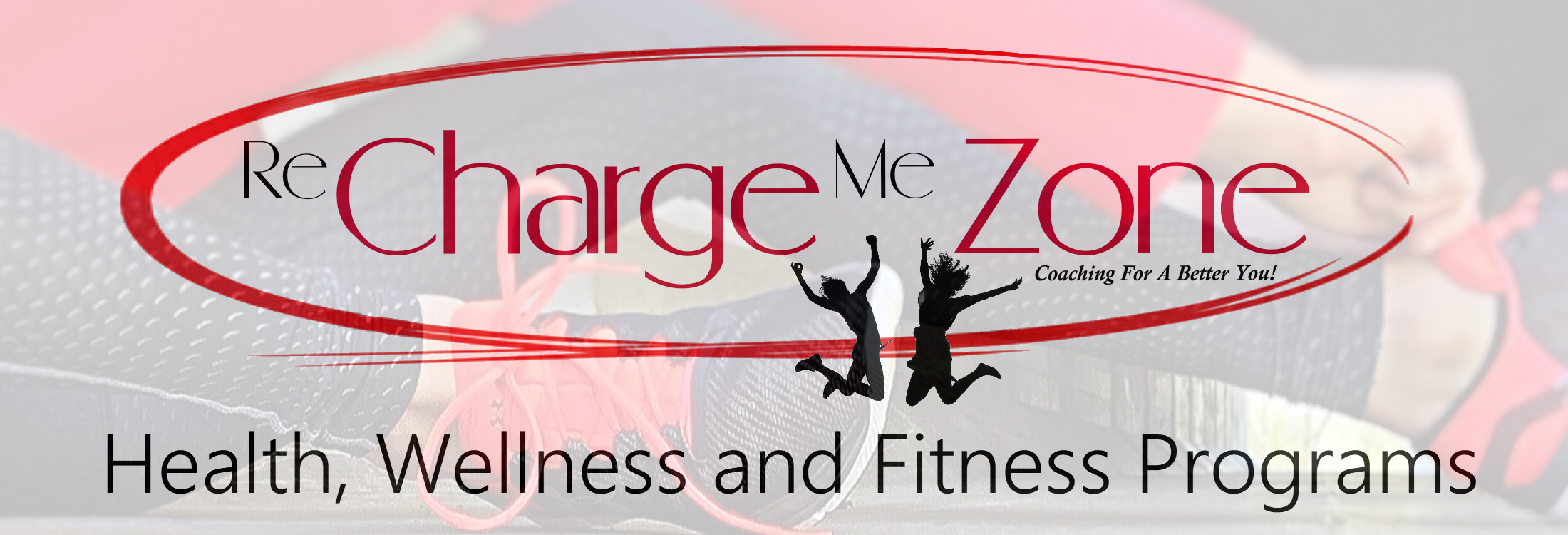Have you found yourself in the morning resolved to change habits and by evening it has disappeared? All good intentions, but somewhere we lose our discipline and self-accountability. So many things come into play when that derails our good intentions. What are your roadblocks? Going out to eat? Unexpected guests? Started a project and time got away from you? Becoming overwhelmed, or you just don’t have the energy?
Here we are beginning a new year with so much potential. I have a few thoughts that may help you move forward and create more accountability to reach your objectives.
What Do You Want To Accomplish?
Evaluate your priorities and figure out what is most important and why you want to do it. For example, are you looking to lose weight? Is it because you want to look better, feel better or something else? Do you want to be healthier? Are you trying to prevent future problems or solve current health issues? Do you want to feel better and stronger?
My point is if you don’t buy into the result, you won’t find motivation to accomplish the wanted result.
Create A Personal Plan
As silly as this may seem, a visual road map is vital because you are deciding what’s important to you. Think about the result you want. Try to keep the plan simple. Otherwise, it will be hard to remember. For example, a sample plan could be as little as, “I will walk three days a week for twenty minutes each time.”
Set Mini Goals
Mini goals are great to keep us excited about what we are doing, and they also help us change habits. You can control how many and how often you have mini goals. For example, you may decide as part of your weight control or healthy eating plan you will delete one item from your menu in the next month. You may have a mini goal of adding stretching to the end of your workouts. Or one mini goal may be to drink a certain amount of water daily. When you have these types of mini goals, you will see differences in your life, plus you feel good about being in control.
Make Notes
List can be helpful. It could be something you hang on your bathroom mirror to see each morning, a phone app, or an actual to-do list on your calendar. Don’t overload your list with items you know you cannot handle. Some people find it works well to have a list of things to accomplish each week and at the end of the week reflect on what happened. For example, say you want to read an article once a week on strength training techniques. Or perhaps you decide each week you will try a new recipe that is healthy for you. Go back to your initial plan and mini goals to see if they are falling in line with what you want to accomplish.
One Thing At A Time
How often do we hear about the benefits of multi-tasking? I am here today to tell you to stop and think about single tasking! Why? I bet you do too much at once and instead of something getting done everything is in process. There is also something called slow multitasking. This is having multiple tasks going on, but you are working on one thing at a time. If you want to give up sugar, exercise, or caffeine, then start with one and get it done before moving to the next. I often tell my fitness clients I’m excited they showed up. If they can’t do every movement or need to alternate something, it’s okay. We can build as we go. The last thing I want is someone to feel uncomfortable, then stop and quit. Remember single tasking!
Know Your Strengths And Weaknesses
We all have things we do well and many not so well. For example, you may have the self-discipline to do the exercise, but can’t give up the evening dish of ice cream. Knowing what needs to be done and owning up to what you do are two very different things. Make a mental note of where you are strong and where you have weaknesses. Then work on what you can do to make your strengths even more of an asset and decrease the weaknesses, or at least recognize them and chip away at how they are affecting your life. Find a way that works for you when looking at exercise. If a gym is not an option, then plan to do it at home. There are many online programs that you may find helpful. If you have a weakness for certain foods, then don’t have it in the house or plan how you can indulge and when.
Create Partnerships
When possible, work with others who have similar goals. It will make your journey more fun and by sharing ideas it will motivate you to stay on course. When I began my journey, I met with a group who went to the same gym classes at lunchtime and had similar goals. We all became friends and did outings outside the gym. Our lunch time workouts were like a recess for us in the middle of our day. It gave us an incentive to go.
Have Self-Value
So often we put ourselves last on the list of needs. We take care of everyone else and if there is time left over, we then give it to ourselves. Reassess your priorities and learn how important it is to have self-care. Work on the adjustments you can and make sure you are getting the attention you need to be your best.
Getting Feedback
When you go on a journey for change, you can enlist the help of trusted friends to help you stay on track. Consider who to bring into your circle. To begin, you need someone that is neutral. You need to be clear about what feedback you are looking for and your expectations. Look for someone you can talk to about difficulties you are having and what you want to accomplish. It may be a person you can just report to on whether you are on track. It’s up to you, but often you will be more self-accountable knowing someone knows your goals. I work with several people on goal setting and having a neutral party makes it easier for them to listen to feedback and suggestions.
Rewards
The best part of self-accountability is reaping the rewards. You can set the type and number of rewards as you need. For example, a small reward could be a special dessert you enjoy when out at dinner. A big reward may be a trip or a special spa day. You decide what will motivate you.
Believe in You
Remember there is no cheating in accountability. It’s your life and you must live with yourself. If you can take little steps, change will come. It takes patience and perseverance. Have faith you can change and become the person you want to be. The rewards of altering your attitude can reap a happier and healthier life. Be persistent and keep moving in the positive direction. Little positive steps daily lead to big change.
Need Help?
Drop me an email and we can talk about what you want to do in 2024.
“It is not only what we do, but also what we do not do, for which we are accountable.” ― Molière
Robin Anne Griffiths–Founder of ReChargeMe Zone * Behavioral Change Specialist * Yoga Instructor * Meditation Facilitator * Personal Trainer * Author * Speaker * Helping people on a journey for change to live a fuller and healthier life. Find out more at www.rechargemezone.com.


